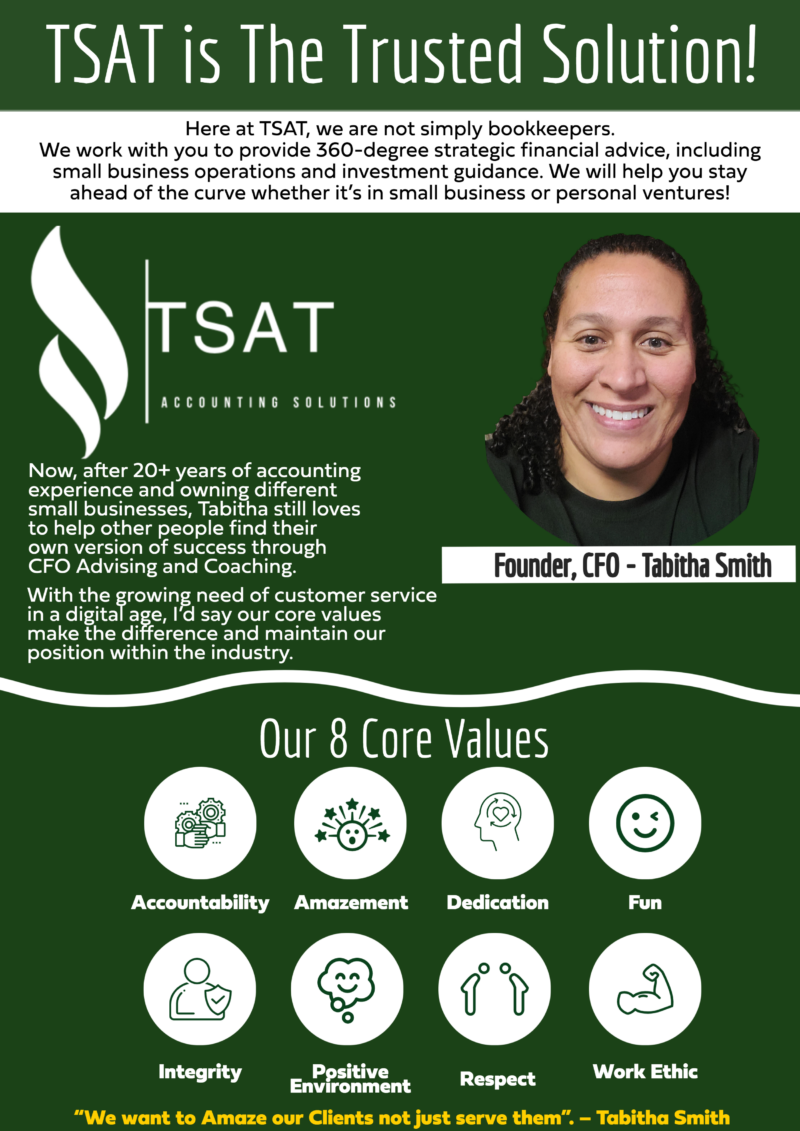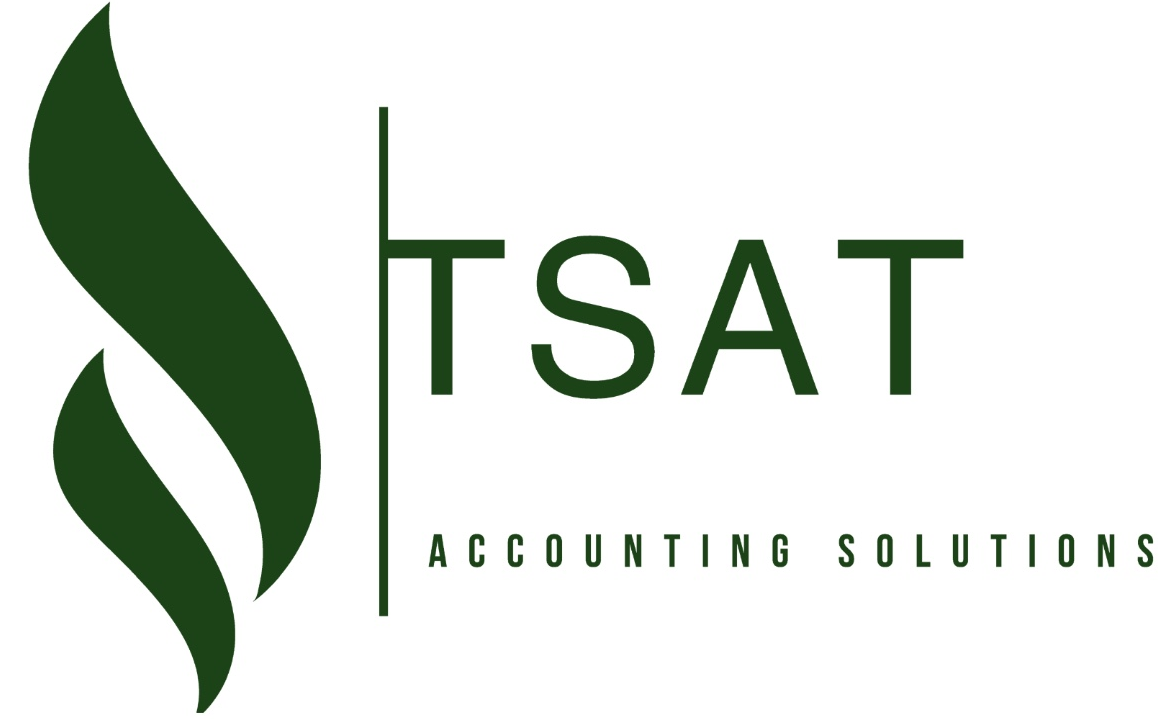
Why is budgeting important?
The number one reason the majority of small businesses fail is poor financial management. In 2020 alone, according to research, half (50%) of all small businesses failed to develop an official budget. Conversely, among small businesses that created a budget in 2020, only about one-third (35%) spent more than they budgeted, suggesting that when businesses make a budget, they are likely to follow it. Also, building an official budget is a good idea for a small business, because they are more likely to understand how to increase their profits. As you are quite aware, small business owners often face a variety of expenses. While some of these expenses are fixed and rarely change, others fluctuate significantly from month to month. These include utilities and shipping costs. Other expenses, which may fluctuate less frequently, are one-off or unpredictable, such as travel expenses and conference tickets. All of these are important considerations when developing a budget.
Furthermore, a budget allows you to keep employees focused on the business’ goals. And while it is true that everyone has different goals, most small business owners share some common characteristics and processes. A well-made budget can help the business avoid financial problems. It is also an opportunity to gain insights about your business’ financial condition over time.
5 types
There are several budgeting types that each prioritize different factors when approaching a financial plan. These include:
- Zero-based budgeting, which sets each item at zero dollars at the start of periods before reallocating
- Static budgeting or incremental-based budgeting, which uses historical data to add or subtract a percentage from the previous period to create the upcoming period’s budget
- Performance-based budgeting, which emphasizes the cash flow per unit of product or service
- Activity-based budgeting, which starts with the company’s goals and works backward to determine the cost of attaining them
- Value proposition budgeting, which assumes no line item should be included in the budget unless it directly provides value to the organization
There are many reasons why small businesses should have a budget. In addition to laying out a clear path for the business, a budget helps businesses anticipate expenses and anticipate growth. A well-established budget is a crucial tool for small businesses, since it gives them a roadmap of their finances, helps them decide what expenses to cut and what to keep. It also helps them to set goals and communicate priorities to their employees, investors, and governing bodies. Furthermore, a budget is a great tool for tracking and reporting actual revenue and expenditure.
A business with a budget is much more likely to succeed than one that does not have one. It helps small business owners plan for the future and shows investors that they understand the inner workings of their organization. This document helps small businesses gauge how much sales revenue they need to survive and expand. In addition, it also helps small businesses reduce expenses that may not be necessary for a successful business. This tool is essential for every type of business, and should be a vital part of any organization.
The right budgeting type varies by company and situation. If your organization is in financial distress, the zero-based method may be the best fit, as it starts from scratch each period. Trying out several methods is a good way to determine which is ideal; when doing so, ensure you have a trusted advisor, such as TSAT!
How can TSAT become your Trusted Advisor and help provide your small business with Financial H.O.P.E.?

Your Trusted Advisor… At TSAT, we know that a great businesses need to operate at high levels of service, accuracy, reliability, and throughput. We also know that the only way to ensure these things are achieved is to develop a comprehensive set of accounting and finance policies and procedures and to regularly train all personnel involved in the management and control of the company’s software. Only by taking steps toward accounting, quality assurance, and finances can a small business accounting department expand its business and improve its profit margins. It takes a little work to make sure that every aspect of small business accounting is running at full capacity, and we are here to help!
Here at TSAT, we are not simply bookkeepers. We work with you to provide a 360-degree strategic financial advice, including small business operations and investment guidance. We will help you stay ahead of the curve when it small business or personal investments!
If you are a gig worker or small business owner looking to grow your business, TSAT’s AMAZING Trusted team considers much more than just your taxes!
TSAT’s is your Trusted Advisor and will let you focus on your business’s core competencies! Whether you have a small business or you need help personally, TSAT can give you HOPE! Call us today!
Phone: (417) 208-2858
- Website: TSAT Accounting Solutions
- Facebook: TSAT Facebook
- Calendly : Quickly schedule a 15 minute call!
- Alignable: Connect with Us on Alignable!
- Fill out the Qualification Questionnaire for a full 1 hour CFO Consult!

